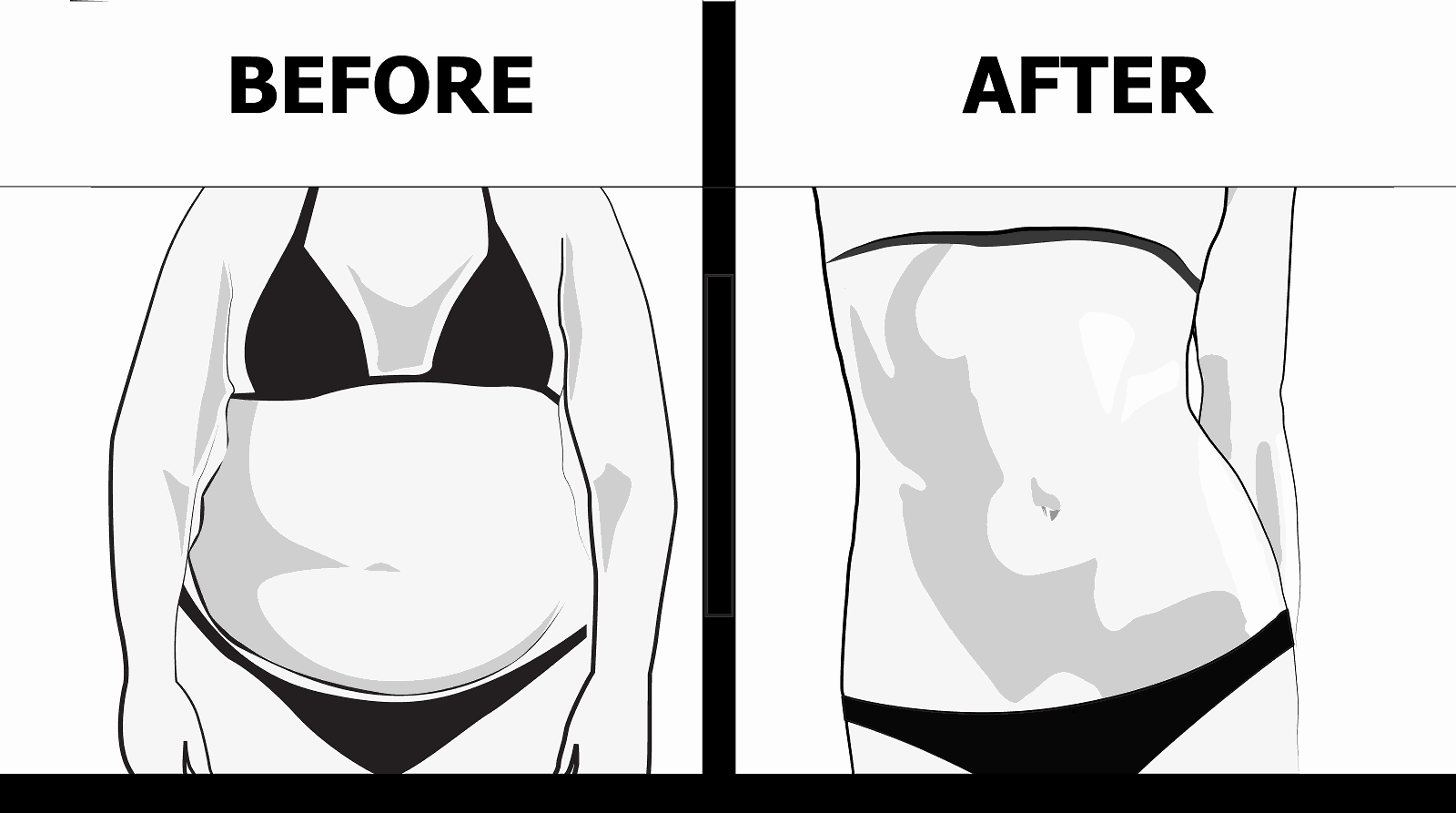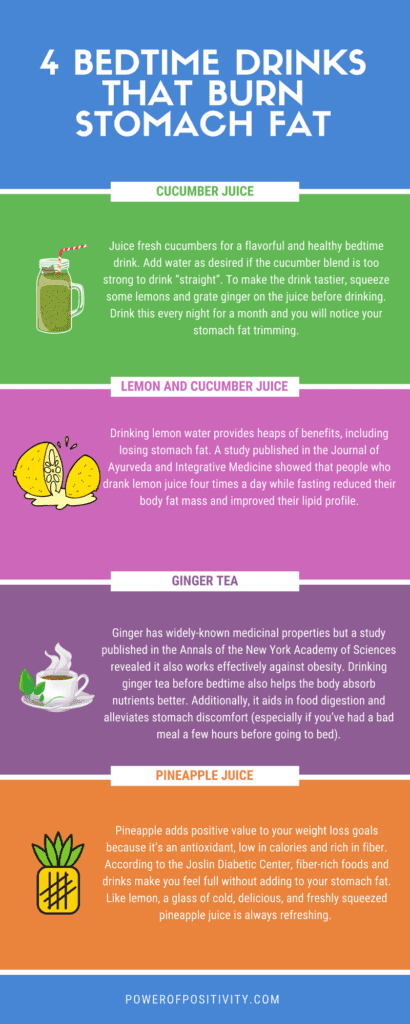When did you last hear someone say, “I’m trying to lose weight, and I need to eat in a way that supports my metabolism”? It seems we’ve drifted away from this balanced approach, instead focusing on weight loss as a process of rigorous “dieting,” often involving low calorie foods or fat restriction. There’s also an emphasis on exercise, despite the potential for low energy due to these restrictive practices. Finding the strength to work out when we’re not sufficiently fueling our bodies can be a challenge.
It’s essential to understand that our current perceptions of weight loss and dieting might be influenced by widespread misinformation. Unfortunately, the weight loss industry, worth billions, can sometimes propagate deceptive narratives. In some cases, this even includes misrepresentation of scientific studies.
Are Diets Even Effective?
The effectiveness of dieting is frequently brought into question, and for a good reason. The simple yet powerful truth is this: sustainable weight loss is about 80% dependent on eating the right foods. Furthermore, research has shown that conventional diets fail more than 95% of the time. This is a sobering fact that calls for a reconsideration of our approaches to weight management.
Portia de Rossi, in her book “Unbearable Lightness: A Story of Loss and Gain,” poignantly states, “The diet industry is making a lot of money selling us fad diets, nonfat foods full of chemicals, gym memberships, and pills while we lose a piece of our self-esteem every time we fail another diet or neglect to use the gym membership we could barely afford.”
This observation also highlights the high cost of gym memberships and personal training, which may not be affordable or sustainable for many people.
Dr. Yoni Freedhoff, an assistant professor of family medicine at the University of Ottawa and a contributor to the U.S. News & World Report, provides some compelling insight. He explains, “I believe that 95 percent of diets fail people … For at least the past 100 years (and likely many more), dieting has been synonymous with suffering. It’s been “die” with a “t,” where adherents to diets have been instructed to either suffer through hunger and cultivate the skill of white-knuckled willpower, or to consider food to simply be fuel and deny themselves either the dietary indulgences they love the most or eliminate entire food groups.”
Let us take these reflections as an opportunity to reevaluate our understanding of weight loss and nutrition, placing our focus on sustainability, balance, and overall well-being. Let’s remember that the journey to better health is not about punishing restrictions but about nourishing our bodies and minds in a meaningful, enjoyable, and maintainable way.
Eating to Boost Metabolism and Lose Weight
Dr. Freedhoff, unsurprisingly, is a staunch advocate of eating to lose weight. Like millions of other physicians specializing in nutrition and health, he understands the vital importance of incorporating foods that stimulate the metabolism.
10 Foods That Rebalance Your Metabolism So You Can Lose Weight
Here are ten such foods that put your metabolism into fat-burning mode:
1. Beans
Beans are rich in dietary proteins and require a fair amount of metabolic energy to digest properly. Additionally, beans are rich in fiber which – along with protein – is a catalyst for a fueled-up metabolism.
2. Chia Seeds
Chia seeds are packed with omega-3 fatty acids, fiber, and protein. Besides being terrific for both heart and brain health, omega-3’s regulate metabolic rate by affecting the fat-burning hormone leptin.
3. Egg Whites
Egg white, like chia seeds, contain concentrated amounts of fatty acids. Also, eggs whites include what are called branched-chain amino acids, which get your metabolism revved up. Finally, egg whites are packed with protein – and that’s always good for fat-burning!
4. Chili Peppers
Chili peppers contain a chemical compound called capsaicin, which boosts your metabolic rate. Merely adding a tablespoon of chopped chili peppers to your meals throughout the day is enough to obtain their fat-burning benefits.
5. Whole Grains
Unlike processed grains (e.g., white bread and pasta), whole grains break down slowly. This extra digestive effort requires a higher metabolic rate and, you guessed it, this added effort burns more calories. Fiber-rich foods, such as brown rice and oatmeal, are particularly effective.
6. Curry
This Indian specialty provides a few noteworthy benefits. The reason for its nutritional versatility is that curry contains a wide array of different spices – all of which have properties that help burn calories. Among these are ginger and turmeric.
7. Green Tea
Green tea supplements are top-rated for weight loss, although one can get the same benefits from fresh tea. According to a study published in the American Journal of Clinical Nutrition, green tea extract boosts metabolic rate by as much as 4 percent.
8. Lean Meats
Lean meat, such as that found in chicken and turkey, is packed with iron. As it turns out, iron deficiency is one of the most common in developed countries; which is strange considering the abundant mineral sources. (Fortified cereal is another excellent – and vegetarian/ vegan-friendly – source of iron.
9. Cocoa
Studies show that cocoa may help prevent weight gain by reducing the absorption of calories. Additionally, extracts of cocoa activate the genes associated with fat-burning. Dark chocolate containing over 70 percent cocoa (sometimes called ‘cacao’) is best.
Share this Image On Your Site
10. Water
No metabolism-boosting article would be complete without water. H2O prevents dehydration, which slows down metabolism; it also promotes proper digestive function – a crucial part of losing weight. Drinking cold water is best, as it forces your body to use more calories for digestion.
Final Thoughts on Eating to Feed Your Metabolism
Maintaining metabolic health is an essential part of our overall well-being. As we have learned, the process doesn’t have to involve grueling diets, expensive gym memberships, or harsh restrictions. Instead, it’s about nourishing our bodies with the right foods that support our metabolism.
The 10 foods highlighted in this article are not only delicious and easily accessible but also packed with the nutrients necessary to fuel our metabolism. Including these foods in our regular diet can help support energy production, aid digestion, and promote a healthy weight, among other benefits.
Remember, it’s not about strictly adhering to a diet but developing sustainable eating habits that nourish our bodies. The key is to have a balanced diet that includes a variety of nutrient-dense foods, and these ten foods are an excellent place to start.
Let’s change our mindset from deprivation to nourishment, focusing on foods that will support our metabolism and contribute to our overall health. This shift in perspective might be what we need to sustainably manage our weight, enhance our well-being, and lead healthier, more fulfilling lives.
It’s your health, and you have the power to influence it positively. Every meal is an opportunity to provide your body with what it needs to function optimally. So, take this information to heart and enjoy the process of nourishing your body, knowing that you’re supporting your metabolic health with every bite.















 Community
Community

